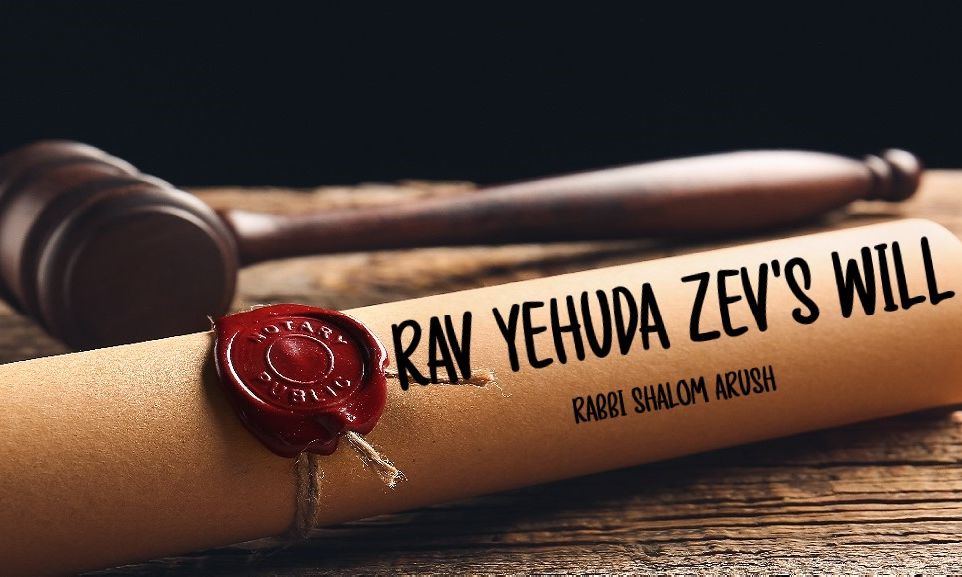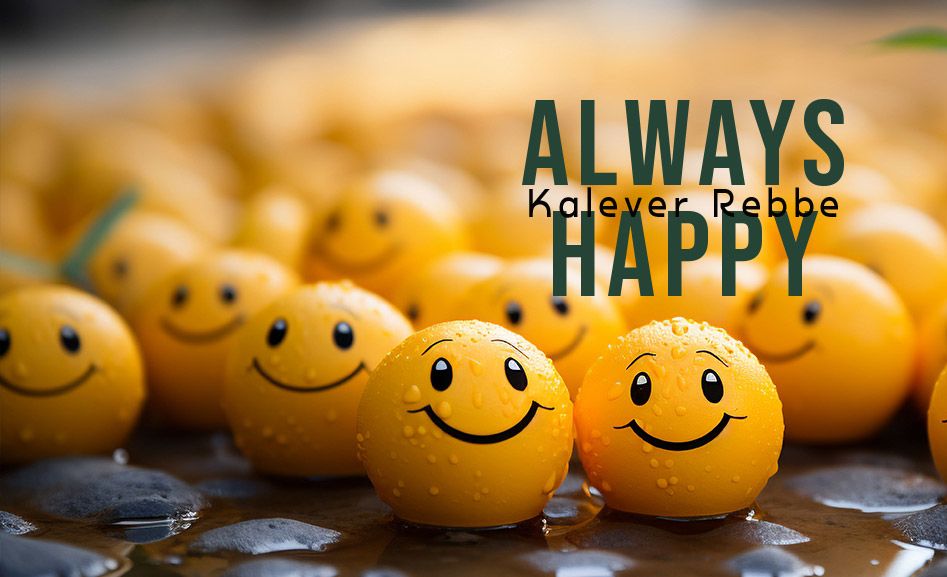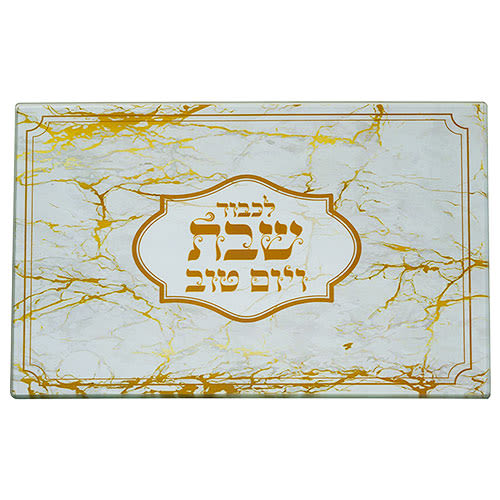
Rav Yehuda Zev’s Will
The holy tzaddik Rabbi Yehuda Zev Leibowitz promised that anyone who heeds his Will will be saved from the war of Gog and Magog and from the birth pangs of Mashiach…

My esteemed teacher and rabbi, the concealed tzaddik Rabbi Yehuda Zev Leibowitz, may his memory protect us and all of Israel amen, left his last Will and Testament with a promise that anyone who heeds it will be saved from the war of Gog and Magog and from the birth pangs of Mashiach. In his Will, he instructs us to strengthen ourselves in the observance of the following things everywhere – at home, in public and at work. These are the four things:
- To have mercy on others
- To give in to others
- To help others
- Don’t yell at anyone (this is most important)
We’ll now explain each directive.
To have mercy on others
Rebbe Nachman of Breslev said (Likutei Moharan I:64) that the Creator created the world in order to reveal His mercy, for if He hadn’t created the world, there would be no one to reveal His mercy to. He therefore created the world to show His mercy. This is the answer to one of life’s major questions: why did the Creator create the world – since He needs nothing and is dependent on nothing? The answer is that it is His way to be benevolent. He is absolute goodness and desires to bestow His goodness on His creations, so that is why He created them.
Therefore, when a person acts mercifully, he emulates the Creator’s motivation in creating the world, which was as we said to reveal His mercy. The person whom you showed mercy to can now see that there is mercy in the world, so he consequently gains enhanced love for living and enhanced love for the Creator Who gave him life. As such, we see the dynamics of mercy, which in turn enhance one’s love of the Creator and love among the creations. Mercy therefore amplifies world peace. The first directive of  Rabbi Yehuda Zev Leibowitz’s final Will and Testament was therefore to have mercy on others.
Rabbi Yehuda Zev Leibowitz’s final Will and Testament was therefore to have mercy on others.
In actuality, in addition to mercy enabling a person to emulate the Creator and reveal the underlying Divine motivation behind the creation of the world, the merciful person merits tremendous immediate rewards. The Gemara stipulates (tractate Shabbat, 151) that, “Anyone who is merciful toward other people will invoke Divine mercy upon himself.” The world intrinsically operates in a measure-for-measure fashion. If you have mercy on others, the light of mercy from Above shall shine on you. If you are forgiving toward others and judge them leniently, so too will the Almighty act with you. Therefore, everyone must engage in daily self-assessment, asking they can be more merciful. Thereby promoting a greater measure of love and peace in the world.
To give in to others
In order to give in to others, a person must have complete emuna. He must be aware that any suffering – physical, emotional, monetary, act, deed or thought – is all the outcome of the Almighty’s decree. Whoever or whatever caused you anguish was a mere stick in the Creator’s hands. Therefore, don’t focus on the stick; focus on the Creator Who is wielding that stick and know full well that everything is from Him. That’s why in order to give in to others, a person must reinforce and enhance his emuna. We do that by speaking words of emuna and by praying to the Creator and asking for more emuna. Without emuna, it’s virtually impossible to give in to others.
To help others
A person must help other people with no ulterior motives and with no expectations of reciprocation. One must do charitable deeds, visit the sick, receive guests and do whatever he can to enhance peace between man and fellow human. A person lives in constant inner conflict between his personal interests and the needs of his surroundings. He has daily battles deciding between acting according to what is convenient and between acting in a manner that benefits others. The Mishna promises that every time a person does something to help someone else, not only will he reap the fruits in this world and have a sweet life, but he will receive full rewards in the next world as swell.
Rabbi Chaim of Volozhin was accustomed to tell his children that Hashem created man in order to help his fellow human, whether through charity, loving-kindness or by some act that requires physical effort. Yet, since obligation priorities are like concentric circles, his first obligation is to help those closest to him like his wife, children and parents. Then, he can help his extended family such as aunts, uncles and cousins. Then his neighbors and then residents of his town. Then comes his country and finally the whole world. As such, he invokes blessings on himself. But, the main test of his character is the way he helps his wife, as we elaborated in our book, The Garden of Peace.
Don’t yell at anyone
Don’t yell at a single human being. Indeed, speak calmly and politely to everyone, for our sages said that the words of the wise are heard with pleasure. The advice for anger-prone people who raise their voices is to practice speaking in a calm whisper, because increased vocal volume ignites anger. On the other hand, soft tones mollify anger, and create a climate of emuna that is befitting for the Divine Presence. The Creator broadcasts on a wavelength of quiet tranquility with no extraneous noise. We should follow suit. Therefore, it’s important for a person to avoid yelling.
Rebbe Nachman says in Sefer HaMidot (Emuna, 24) that emuna is an aspect of silence. When a person learns to speak without raising his voice, it becomes easier for him to remain silent altogether. Divine silence is the source of holy emuna, and silent people merit to cling to the spiritual aspect of Divine silence. As such, they are saved from anger and fits of temper. Not only should we avoid yelling at anyone, we should even pray for the person whom we wanted to yell at. Even if we have the urge to yell at someone, Heaven forbid, we should remember Rabbi Leibowitz’s final Will and Testament imploring us to avoid yelling at anyone. This way, we’ll overcome the tendency to raise our voices and merit a spirit of kindness and the light of emuna.










11/20/2017
What about gerim?
Do our non-Jewish relatives take priority over the members of our kehilla?
11/20/2017
Do our non-Jewish relatives take priority over the members of our kehilla?